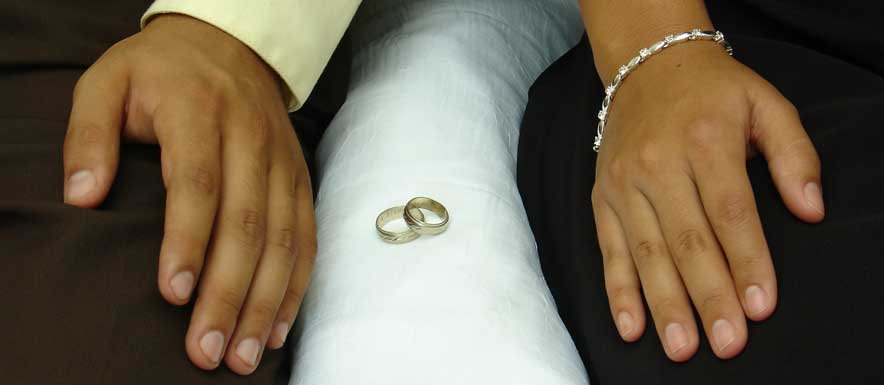Divorce After 50 – Unique Issues Older Couples Face
By: Cristin Lowe
Most Baby Boomers contemplating divorce have different needs simply because of where they are at in life. Since the majority of the income-generating years are behind them, special attention must be paid to future income, health insurance and spousal support.
Although Social Security benefits cannot be divided in a divorce, there are rules that impact your benefits if your marriage lasted more than 10 years. For example, if you are over the age of 62, you can collect benefits after the divorce on your former spouse’s record without a reduction in benefits to your former spouse. If your former spouse dies, you may also be entitled to survivor benefits.
It’s also very important to make sure that your retirement accounts are properly divided. They are usually divided by a Qualified Domestic Relations Order (QDRO), which is a separate court order that covers the division of retirement benefits. Careful financial planning decisions need to be made to ensure that you will be financially secure and able to enjoy retirement.
Health insurance is another major issue that requires thought and consideration. Once you are divorced, each spouse will need his or her own individual health insurance. Although COBRA laws allow you to remain on your previous spouse’s employer-provided insurance plan for up to 36 months after a divorce, the premiums are expensive and often times not financially feasible. If you are not yet 65 and therefore unable to qualify for Medicare, you will need to be sure to research this issue thoroughly so that you are able to have health insurance post-divorce.
Finally, the emotional impact of a divorce after a long-term marriage is often times much harder than with a divorce in your 20s. You will need emotional support from your friends and family in order to get through this difficult time. Make sure that you have all of the personal and professional help you need.

